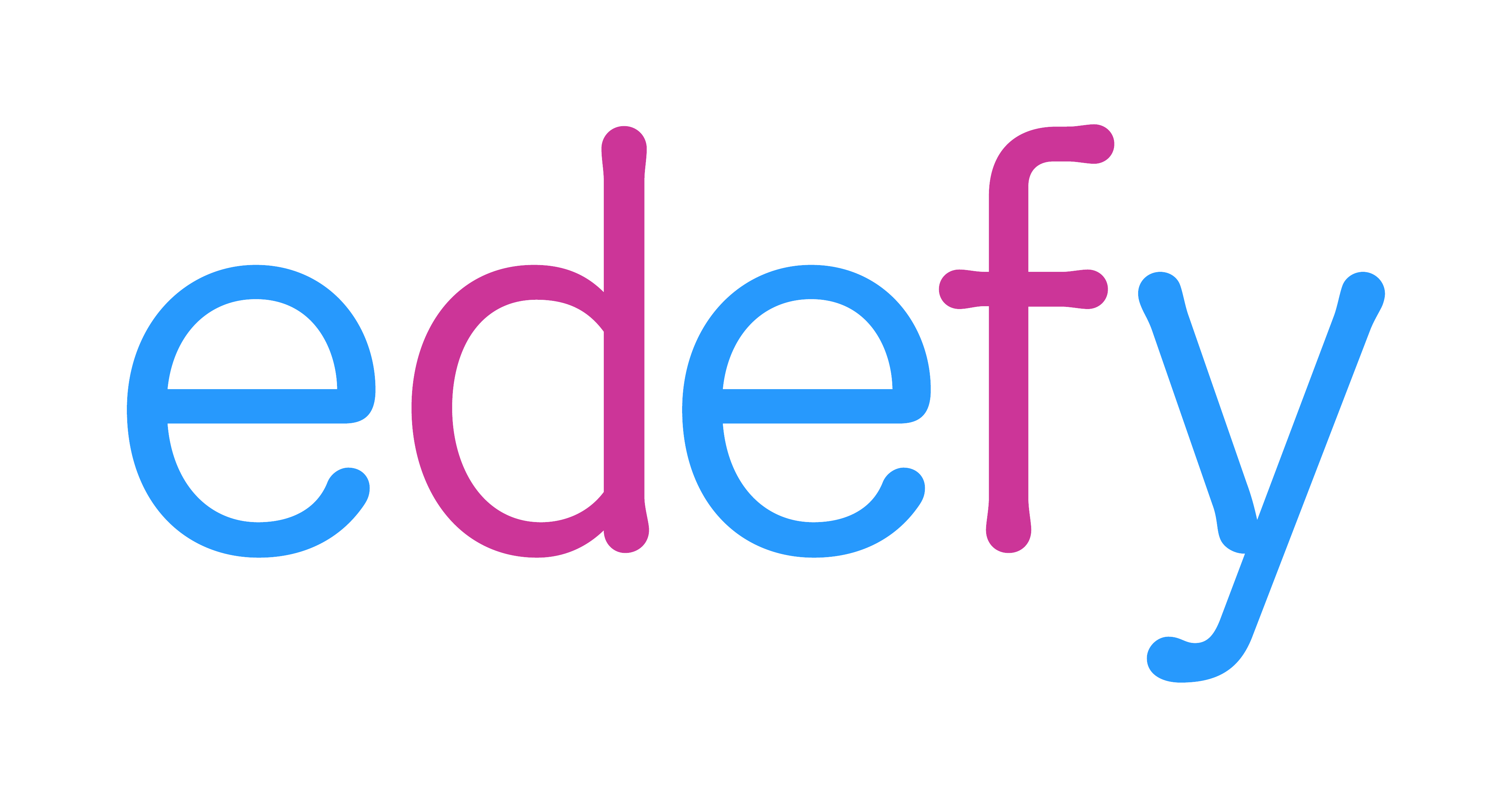Introduction to Pod Schooling
Pod schooling’s small group learning model is increasingly recognized for its ability to outperform even exclusive private schools at a significantly more affordable cost.
Historically limited to affluent families with the extraordinary time and financial resources to organize, fund and mange them from year to year, Edefy makes pod schooling accessible to communities everywhere.
Primary advantages include:
- Direct Accountability – Teachers who serve families directly are strongly incentivized to deliver personalized student outcomes that fulfill each child’s potential in alignment with parental expectations. The higher trust and fully transparent relationships that form naturally increase teacher-parent communication, feedback, and collaboration around each child’s learning journey.
- Greater Personalization – Low teacher to student ratios (12 student max on Edefy) enable highly personalized instruction and individualized learning pathways, freeing students from arbitrary one-size-fits-all pacing. Children progress according to individual abilities and needs, allowing a single Pod to effectively serve a range of ages/grades.
- Better Student and Community Relationships – The community sourced, small group learning environment promotes fast friendships among student peers and participating families, largely reducing the negative peer interactions children frequently experience in traditional school. Teachers serve in an “at-will” relationship with families and can refuse service at any time, allowing them to protect their learning pod from the behavioral issues that plague schools.
Every pod is unique, but on a per-teacher and per-student basis, small group education:
- Improves mental and emotional health, social confidence and friendships
- Accelerates learning – helps recover lost learning and raises academic outcomes
- Increases joy and love for learning
Free your children from predetermined progressions designed for the collective average and let them learn according to their unique gifts and abilities.
More details:
The pod school model can be understood as a kind of “Professional Homeschool” in that it combines the per-student personalization and family-like learning community of homeschool cooperatives with the professional instruction, guidance, and assessment abilities of a trained and qualified teacher. While group learning and group discussions are often appropriate, the level of personal attention enabled
As the number of students per teacher in traditional schools inevitably move beyond 12 and approaches even 16-18 students, let alone the typical 20-30 students or more, teachers are forced to switch from individual student attention back to a standard mass instruction approach. Edefy pods activate with 8 and are limited to 12 students per teacher because the foundation of Pod Schooling’s effectiveness is the frequency of individual interaction between the teacher and a student.
Pod Schooling’s personalization advantage is reinforced by the teacher being employed by and accountable to the parents directly. Each individual student represents a paying “client” for the teacher. This means the teacher is primarily incentivized to drive the best outcome possible for each of their students. Contrast this to the traditional school model, where teachers are employed by the administration of the school and are primarily incentivized to keep the administration happy by following centralized mandates and programming.
Try pod schooling on Edefy and position your child to maximize their learning potential.


